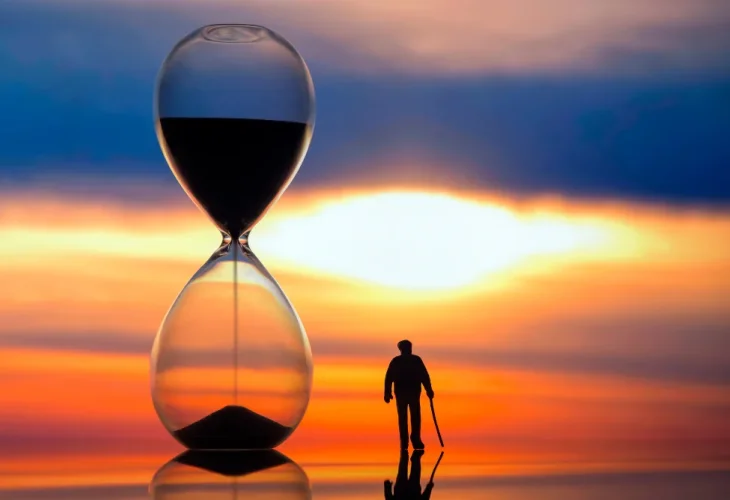What People Say on Their Deathbeds May Surprise You
Julie McFadden, a hospice nurse who cares for individuals nearing the end of life, reveals a common regret among dying patients that's different from what most expect.

Julie McFadden, an American hospice nurse who cares for people nearing the end of their lives, shares a surprising insight into what dying people commonly express—a sentiment different from what you might expect.
In an interview on the Rob Moore podcast, Julie discussed her experience witnessing hundreds of deaths in her role. While many patients regret spending too much time working, she highlighted another widespread, though lesser-known, sentiment frequently expressed by the dying.
"The main thing people say is, 'I wish I had appreciated my health more,'" she revealed. Julie mentioned that she keeps a nightly "gratitude list" which almost always includes being thankful for her ability to see and walk. "I love that I can breathe, move, and feel the sun—those little things," she noted. "The most significant comment I hear from those on their deathbeds is that they wish they had valued how good they felt when they were healthy."
Having worked as an intensive care unit nurse for eight years before specializing in end-of-life care, Julie has penned a book about death, emphasizing its importance as a natural stage to prepare for. "I believe people should understand the dying process before they confront it with a loved one or personally."
"Most of us take our health and the mere fact that we're alive for granted. I do too," she admitted. "My job makes it easier for me to see how all the parts of the body work together to enable life and growth. I also get a deeper understanding of how our bodies are biologically designed to die."
Julie encourages acceptance of death as a completely natural process, free of fear. However, she criticizes the American healthcare system as particularly harsh. "In general, having money makes it easier to die well, and that's truly unfortunate," she said. "Because hospice care in the U.S. is paid, many working-class Americans receive care in their homes during their final moments."
According to her, the burden of care for most Americans in their final days often falls onto those unable to bear it. "If you need care while dying at home—24 hours a day—your family has to do it. But guess what? No one pays them. If you're middle class and earning just enough to survive, you can't afford to stop working to care for a dying loved one, so you have to pay someone else to do it, and it's truly expensive. Only the rich can afford it, and that's really sad. I don't think money buys happiness, but it certainly eases the stress of the situation."

